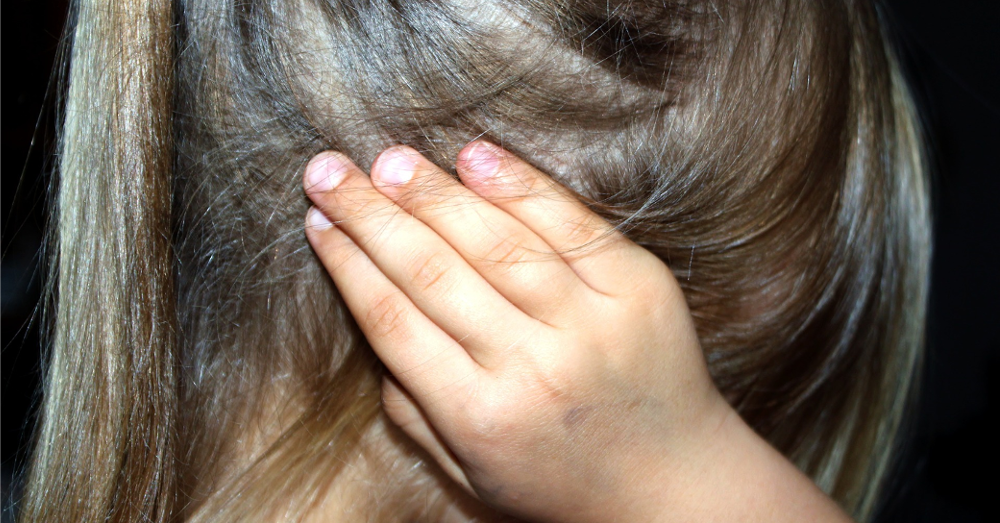
How to Treat Tinnitus
Tinnitus: a chronic ringing in your ears. The sounds are caused when cells are damaged inside the cochlea, your inner ear, and the malfunctioning cells end up sending signals to your brain even in the absence of audible sound. Your brain translates these signals into what has been described as ringing, buzzing, hissing, clicking, chirping, screeching, static, whooshing and/or whistling sounds.
July 26, 2018 | Source: Mercola.com | by Dr. Joseph Mercola
Tinnitus, a chronic ringing in your ears,1 affects an estimated 1 in 10 adults.2 The sounds are caused when cells are damaged inside the cochlea, your inner ear, and the malfunctioning cells end up sending signals to your brain even in the absence of audible sound. Your brain translates these signals into what has been described as ringing, buzzing, hissing, clicking, chirping, screeching, static, roaring, pulsing, whooshing and/or whistling sounds.
The pitch can be either high or low, and may intermittently change. The volume may also be higher or lower, depending on your surroundings and other factors. Oftentimes, it’s most noticeable at night, which is why tinnitus is often associated with sleep disturbances and depression. Tinnitus treatment recommendations, however, specifically instruct doctors to not use medical therapy such as antidepressants or anticonvulsants in the management of tinnitus.3
Many tinnitus sufferers say it affects their quality of life. Tinnitus may also be a sign of some other, more serious underlying condition such as ear injury or circulatory system disorder.4 Worse still, it may be a sign of permanent nerve damage that could predict future hearing impairment.
Tinnitus Among Youth Is Becoming More Prevalent
While most common among those over 50, tinnitus in younger people is on the rise, likely due to increased exposure to loud music in headphones and other environmental noise, which are among the most common causes. In one study,529 percent of students between the ages of 11 and 17 years had already developed chronic tinnitus, as evidenced by a psychoacoustic examination conducted in a sound booth.
Youth with and without tinnitus had a similar ability to hear, but those with tinnitus had significantly reduced tolerance for loud noise and tended to be more protective of their hearing. Reduced sound level tolerance is a sign of damage to the auditory nerves because, when nerves used to process sound are damaged, it prompts brain cells to increase their sensitivity to noise, essentially making sounds seem louder than they are.
What Causes Tinnitus?
Inner ear damage leading to tinnitus can be caused by a number of things, including:
|
Exposure to loud sounds, be it in the form of music, machinery or explosions, for example |
Medication side effects (including some antibiotics, diuretics, antiseizure drugs and pain medication) |
|
Poor posture; “text neck” |
|
|
Head or neck injuries, as well as temporomandibular joint (TMJ) problems |
Certain diseases, including neurological disorders, blood vessel disorders and auditory tumors |
|
Otosclerosis (stiffening of the bones in your middle ear) |
Damage from severe ear infection |
|
Genetic inner ear disorders |
